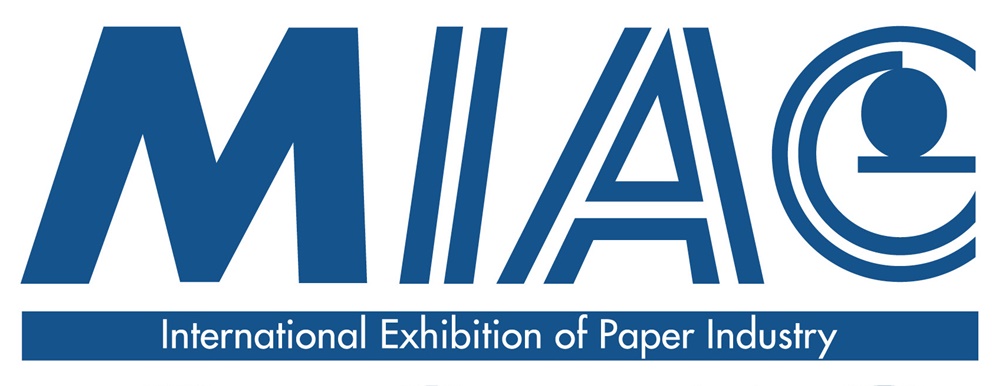NEWS
In the EU Clean Transition Dialogues, the pulp and paper industry has been heard, and wants to stay engaged
Announced by Commission President von der Leyen and chaired by Executive Vice-President Maroš Šefcovic, the Clean Transition Dialogues’ core aim is to support industry in building a business model fit for a decarbonised economy. With the right priorities now clearly identified, the collaborative approach now more than ever needs to be continued.
The Dialogues’ stocktaking document published yesterday acknowledges the need to strengthen Europe as a business location and destination. The pulp and paper industry exemplifies how a strong EU industry can go hand in hand with a transition away from a linear, fossil-based economy. Its products are made from renewable materials, primarily sourced, manufactured, and recycled in Europe, with European technology. For the sector, a green transition has always been a business opportunity.
The larger bio-based manufacturing ecosystem, in which pulp and paper is integrated, already plays a key role in the EU’s strategic autonomy and resilience. A ‘Made in Europe’ circular bioeconomy holds the potential to substitute many commodities, materials and products, for which Europe is currently depending on global markets.
The pulp and paper industry is already helping other sectors in moving away from fossil carbon. As the demand for the products of bioeconomy to be fully embedded in Europe’s value chains is growing, the industrial clustering proposed by the EU Commission is a sensible approach for a sector that is an anchor for industrial symbiosis. On a wider scale, the expansion of bio-based products will depend on a strong EU Single Market, one of the focal points of today’s communication.
Beyond the Single Market, as noted by the Commission, abundant and affordable clean energy is a key condition to preserve global competitiveness. Models show that the industry is anticipated to face the most significant surge in total energy costs compared to other sectors in the coming years, and the capacity of grids to accommodate the electrification of many activities has now become an emergency.
As the communication concludes, predictability for decarbonisation investments is a pre-requisite. Eurostat data reveals that investments in the pulp and paper industry alone are currently five times higher than the average across EU manufacturing industries. Until 2040, energy-intensive industries are projected to increase their investments by a factor of seven. To achieve such levels of investment, the top priority must be to encourage investments in 'made in Europe' industries. This can be achieved through an industrial policy framework that fosters a comprehensive investment-friendly environment.
Such framework would include the announced “implementation of new sustainability criteria for the use of woody biomass, and avoidance of support schemes that create distortive effects on the rapidly expanding bioeconomy sector”, a process in which the pulp and paper sector is already involved. It now urges the Commission to stay engaged through future dialogues on systemic issues, to ensure that the EU’s green industrial transition does happen on time.
“What is good for EU industry can be great for the climate, and we need to keep discussing with the Commission the concrete solutions to both European competitiveness and climate change. More often than not, they are one and the same,” says Jori Ringman, Cepi Director General.








